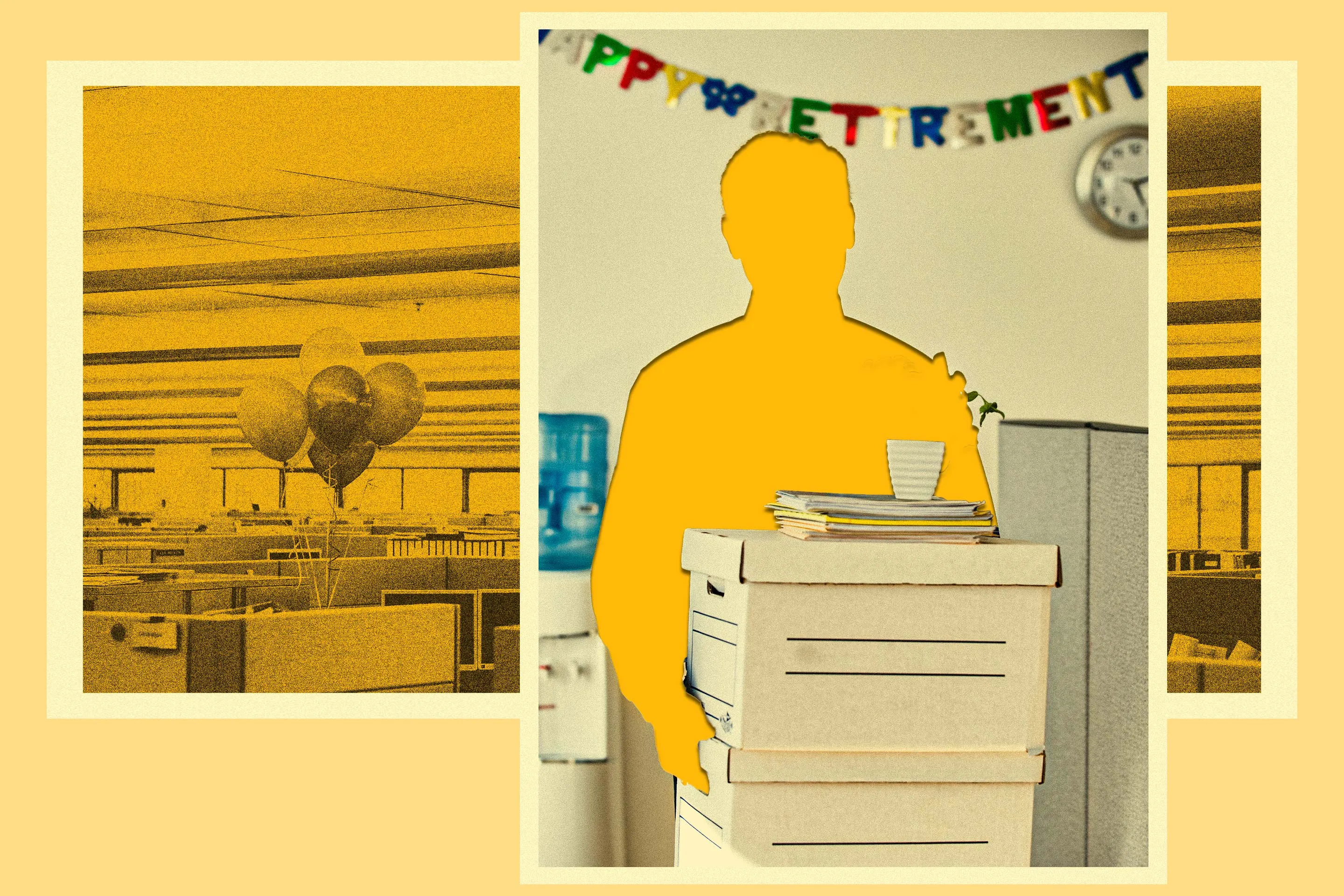Debt Relief vs. Bankruptcy: Which Is Right for You?

Debt Relief vs Bankruptcy: What’s the Best Option for You?
Many consumers are facing financial challenges, with bankruptcy filings on the rise, delinquency rates remaining high, and overall pessimism about financial situations. If you’re struggling to keep up with debt payments, it may feel like a never-ending battle. In such cases, debt relief and bankruptcy are two options that could provide a way out. Here’s a detailed comparison to help you decide which path is right for you.
Debt Relief: Settling Debt for Less
Debt relief, also known as debt settlement or debt resolution, involves negotiating with creditors to reduce the amount you owe. While you can attempt to do this on your own, many people opt to work with debt relief companies for assistance. These companies have a success rate of around 55% in negotiating settlements, with fees typically ranging from 15% to 25% of the enrolled debt.
If you choose debt relief, you may need to stop making monthly payments to creditors to leverage during negotiations. This can negatively impact your credit score, but for many, the benefits outweigh the risks. Successful clients often see a net savings of more than 30 cents on the dollar, providing a light at the end of the tunnel. The process can take two to four years, and you’ll need steady income to build up funds for settlements.
Bankruptcy: Discharging Debt through the Courts
Bankruptcy is a legal process designed for those in dire financial circumstances. Chapter 7 and Chapter 13 are the most common types of bankruptcy filings, each with its own implications. Chapter 7 offers a quick discharge of unsecured debts but requires passing a means test to qualify. Assets may need to be sold to repay debts, and the process can stay on your credit report for up to 10 years.
Chapter 13 involves reorganizing debts into a repayment plan, which lasts three to five years. While it may be a viable alternative for those with higher incomes, it can still impact credit for up to seven years. Both types of bankruptcy offer legal protection from creditor lawsuits but can be costly in terms of filing and attorney fees.
Choosing the Right Option for You
The decision between debt relief and bankruptcy depends on your financial situation and goals. Debt relief may be preferable if you have significant unsecured debt, are behind on payments but have steady income, and want to avoid bankruptcy. On the other hand, bankruptcy may be the better choice if you’ve exhausted other options, qualify for Chapter 7, and are facing legal action from creditors.
Ultimately, understanding the tax and credit implications of each option is crucial in making an informed decision. Consider consulting with a financial advisor or credit counselor to determine the best path forward for your specific circumstances.





